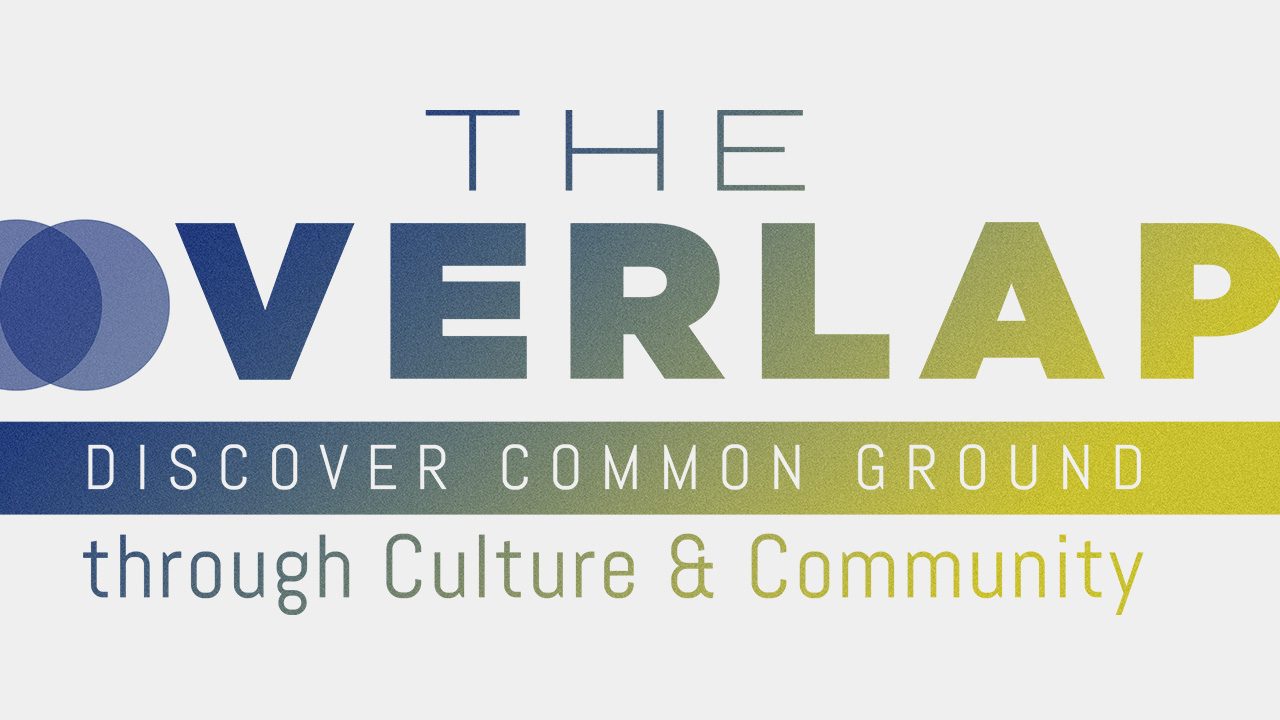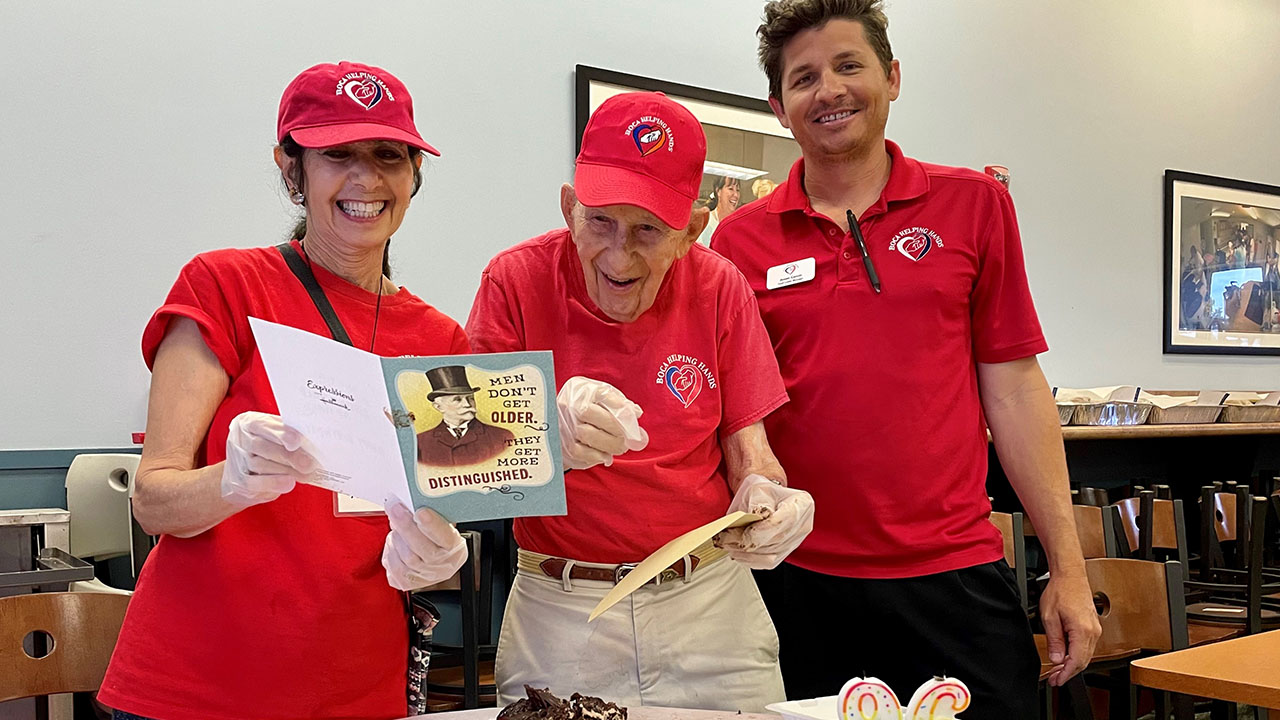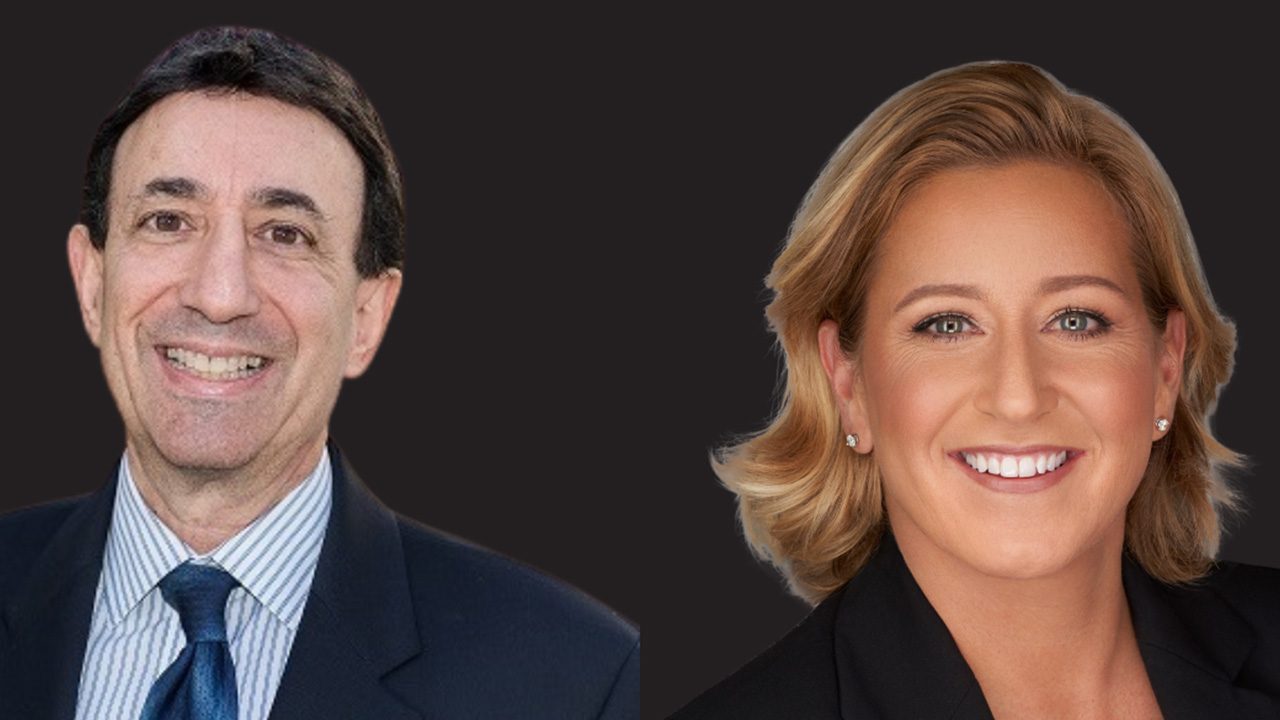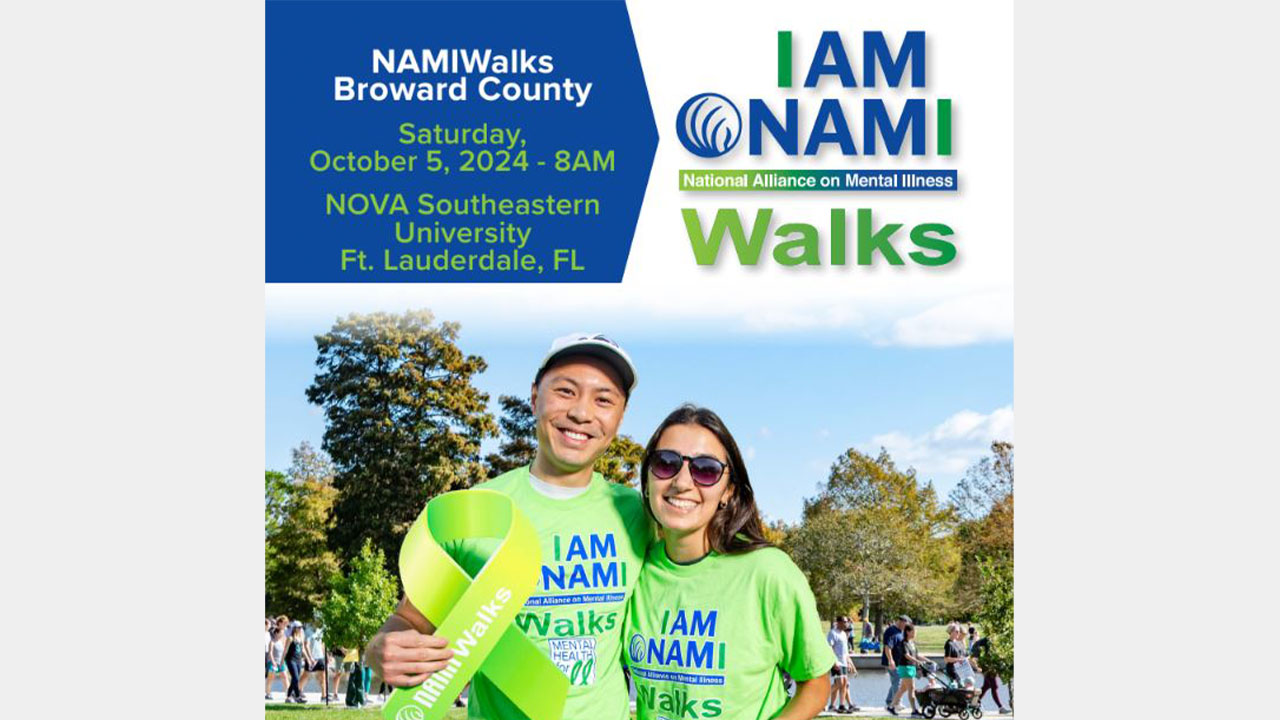When SFBW hosted a recent event at Wine Watch, an atmospheric and exclusive tasting room in Fort Lauderdale, it was all conviviality, fine varietals, and elucidation about a key industry: company health care plans, courtesy of Keith Lemer, CEO of WellNet. It was standing-room-only as Lifestyle Media Group Chairman Gary Press and SFBW Managing Director Kim Sarni mingled with guests and participating co-sponsors before SFBW Editor-in-Chief Drew Limsky asked Lemer about the state of industry and what WellNet means by Crawl, Walk and Run.
Cosponsor USI Insurance Services was represented by Carlos Castresana, vice president of sales; Brian McCulty, employee benefits practice leader in the USI southeast region; Carlton Williams, vice president and health and welfare benefits consultant; and Brooks P. Killmeyer, employee benefits consultant. Cosponsor CoAdvantage, the HR Solutions Company, was represented by Tammy Kennedy, senior business consultant. Finally, cosponsor Lincoln Financial Group was represented by Chad Gracy, regional sales manager; and Tim Rappold, senior account executive. It was a night to remember.
Here are some highlights once Lemer took the floor:
How has this year impacted your business, and what has COVID exposed or clarified for you about the health care system?
What we learned is that culture is the most important thing inside the organization as well as what companies are expecting on the outside. Both employers and employees want a firm they can rely on and is responsive and that’s where WellNet has really stepped up and stepped in. We’ve also seen a major uptick in companies wanting to preserve cash and reduce expenses, more so and more immediately than in years past—because they don’t know when the other shoe is going to drop.
Give us the elevator pitch about WellNet—and you.
I’ve been with Wellnet, a 25-year-old company, for 22 years. We build and optimize smarter self-funded health plans. So for companies that provide group health insurance, with 100 to 5000 employees, we compete with the large health insurance carriers most people know and trust. We simply built a less-costly health insurance plan with a much better user experience for the employees. It saves money for the employees, their families and the company.
Can you give us a sense of WellNet’s reach?
We’re a privately held 250 million business with nearly 70 employees. We service customers in 24 markets nationwide. Last year we grew the business by 50 percent. We’re expecting growth that surpasses that in 2021 and into 2022.
You call your approach Crawl, Walk, Run to control the uncontrollable. Can you explain that?
Health care and managing costs is a journey. Some companies want to save as much as they can as quickly as possible. Others, because of their demographic, the type of business or the type of employee, need to go at a slower pace. So we’ve built a model that meets customers where they are. Crawl would mirror a plan you have, with some analytics and tools to save money, very passively. Walk is a little more aggressive, where we mirror the plan and then maybe add some direct contracts to improve pricing and teach people how to use the health care system more appropriately. And then Run is when we tweak, refine and incentivize—and steer people to lower-cost, higher-quality physicians. Doing all those things, on average, depending on what pace you choose, typically saves an employer about $1 million for every 500 employees.
A lot of employers would prefer not to be in the health care business, managing this benefit for employees. How does WellNet ease the burden on them?
Health care is the third- or fourth-biggest line item expense for any company, no matter its level of success, and it’s the only one they’re not controlling. This is the one area, that if you get involved, you can control the quality and cost of the health care plan, and impact the culture of the company.
In the competition for talent, how does WellNet enhance the benefits package?
Most companies are raising copays and increasing deductibles. What we want to do is provide free care, so if we can waive copays and waive deductibles by teaching people how to be smarter consumers, we’ve now improved the health care experience. That makes people want to remain with their employer and tell others about it. It’s a generator of employee engagement and overall retention for companies.
Compared to other employer-based health care providers, what would the user actually experience?
The WellNet experience is like walking into the Four Seasons or the Ritz-Carlton. It’s high-touch, high response. Because navigation of health care, in general, can be extremely difficult, we’ve built a bundle that relies on concierges to direct people to high-quality, low-cost care, with a response time that’s second to none.
Photography by Eduardo Schneider













